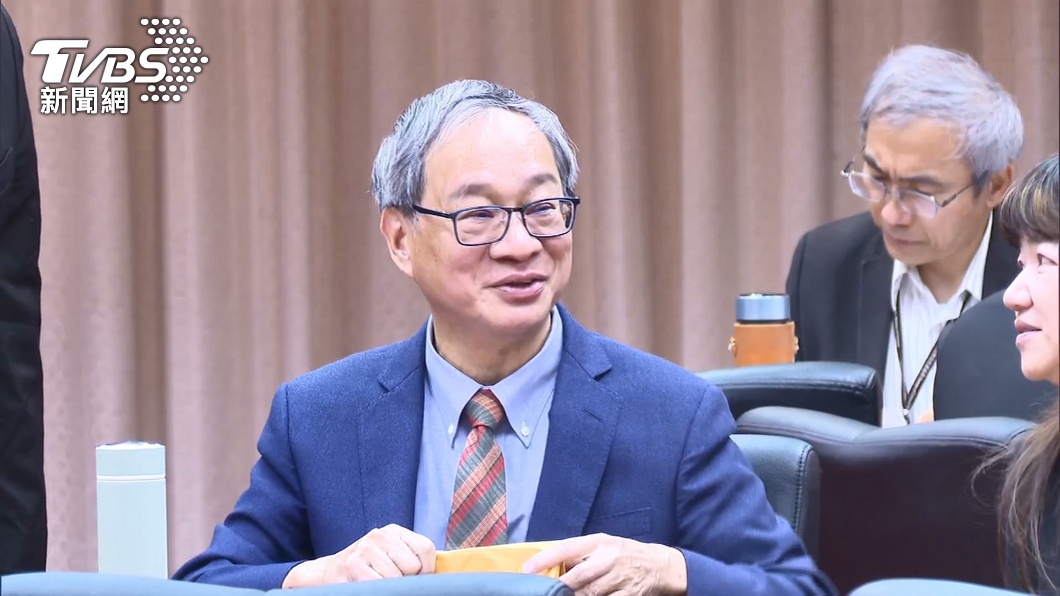TAIPEI (TVBS News) — To safeguard Taiwan's linguistic heritage, the Ministry of Culture announced plans on Thursday (June 6) to establish a national language research and development center. This initiative aims to promote Taiwanese, Hakka, Indigenous languages, and Matsu's Mindong language amid growing concerns over the endangerment of these national languages.
Addressing Language Endangerment
Democratic Progressive Party (DPP) Legislator Chen Hsiu-pao highlighted a worrying trend: less than half of the population under 40 can communicate in Taiwanese, signaling a dire need for measures to ensure its transmission to future generations. She proposed the establishment of a Taiwanese affairs committee dedicated to this cause.
Innovative Solutions and Challenges Ahead
The Ministry of Culture's commitment to language preservation is further evidenced by its plan to launch the "Taiwanese Family" project, which will encourage the use of Taiwanese in audiovisual media productions with standard traditional vocabulary.
However, challenges remain, such as the shortage of Hakka language teachers in schools, a situation that Kuomintang Legislator Lo Ting-wei brought to light. Peng Fu-yuan, head of the K-12 Education Administration, reassured that courses must be offered if even one student shows interest, urging immediate communication with schools.
Establishing a national languages research and development center, alongside proposals for Taiwanese community service centers and the Taiwanese Family project, marks a pivotal step towards revitalizing Taiwan's linguistic diversity. These efforts reflect a collective commitment to preserve and nurture the rich tapestry of languages that form the cultural backbone of Taiwan.









